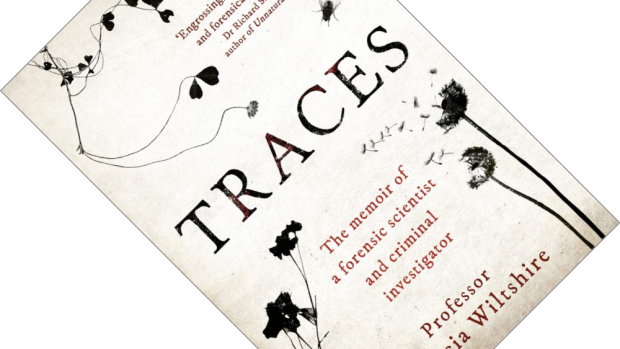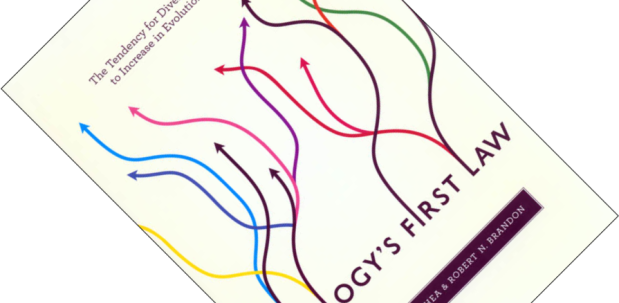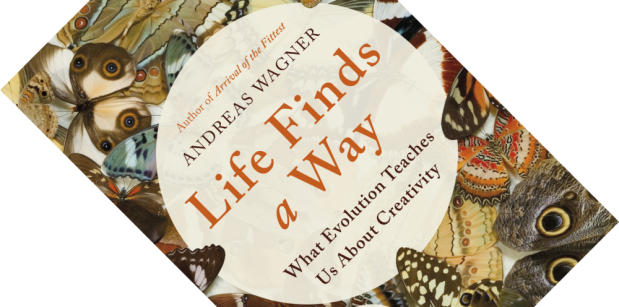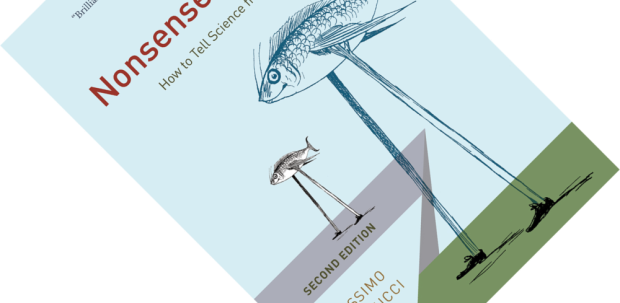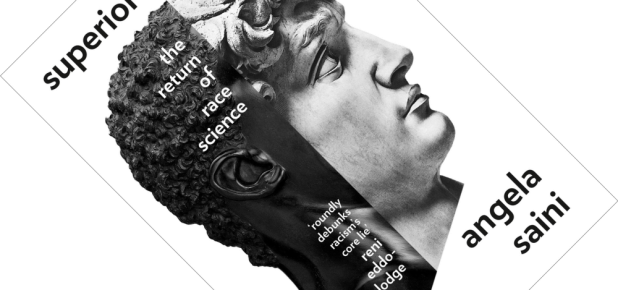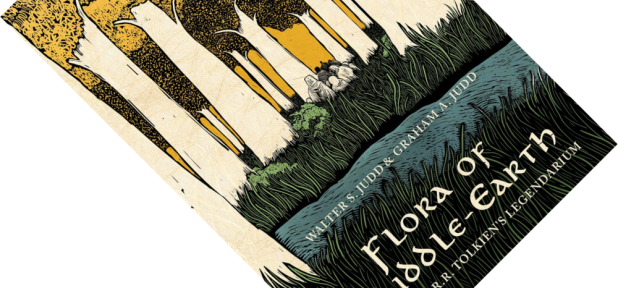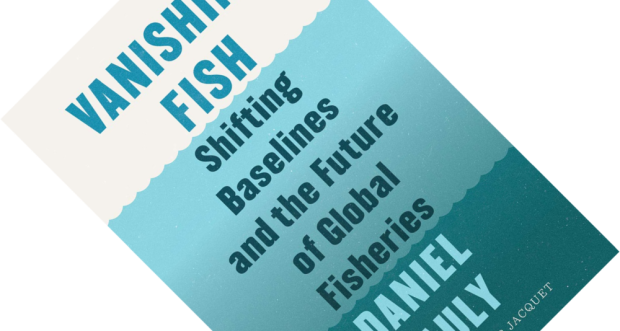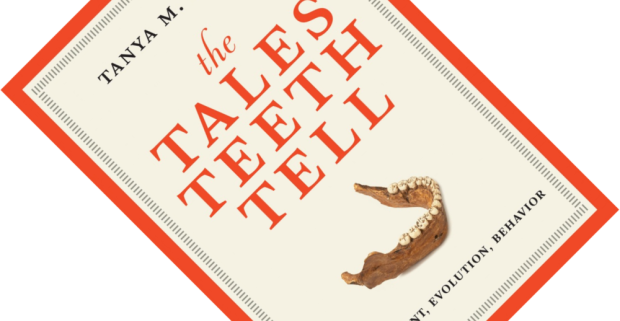This book was originally announced with the subtitle Every Body Leaves a Mark. Next to a clever play on words, it also nicely captures the subject. Patricia Wiltshire is a professor in forensic ecology, botany, and palynology. That last discipline is the study of pollen and spores and is widely used in archaeology, for example for radiocarbon dating. Wiltshire used to be an environmental archaeologist before stumbling into a new career in her fifties when a phone call heralded an unexpected career change. Traces tells that story and is a fascinating first-hand account of her pioneering contributions to forensic science.
Year: 2019
Book review – Symphony in C: Carbon and the Evolution of (Almost) Everything
Many works of popular science claim to be histories of almost everything or everyone, but earth scientist Robert M. Hazen might actually be in the position to stake that claim. Whether you are talking stellar evolution, the origin of life, organic chemistry, synthetic materials, or hydrocarbon fuels – the multifaceted atom carbon is ubiquitous and pervasive. Symphony in C is a whirlwind tour through geology, biochemistry, and evolutionary biology that is an incredibly absorbing read, although in places it almost comes apart at the seams under the intensity of its enthusiasm.
Book review – Biology’s First Law: The Tendency for Diversity & Complexity to Increase in Evolutionary Systems
The subtitle of this book points to an observation that most biologists will anecdotally agree with. Looking at the long sweep of evolutionary history, there is indeed a clear overall tendency for life forms to become more diverse and complex. Daniel W. McShea and Robert N. Brandon, the one a biologist with a secondary appointment in philosophy, the other a philosopher with a secondary appointment in biology, here declare it the Zero-Force Evolutionary Law or ZFEL. But is this a law of nature? And does it really differ from stochastic processes or even entropy?
Book review – Life Finds a Way: What Evolution Teaches Us About Creativity
Back in 2014, evolutionary biologist Andreas Wagner blew my mind. His book Arrival of the Fittest: Solving Evolution’s Greatest Puzzle gave fascinating answers to the question of where evolutionary innovations come from. I will say more about it below, but in short, there are many ways to solve a problem. But, as Life Finds a Way shows, not all solutions are equally good. To evolve from a suboptimal solution to a superior one usually involves several steps through intermediary solutions that are even worse, something that natural selection acts against. So how does evolution overcome such obstacles? And what does the answer have to do with human creativity? Can we apply these ideas further afield in education or economics? And is this book going to be as good as his last one? So many questions…
Book review – Nonsense on Stilts: How to Tell Science from Bunk (Second Edition)
In a time of fake news and alternative facts, being able to separate the proverbial scientific wheat from the pseudoscientific chaff is vitally important. But seeing the wide acceptance of a lot of dubious ideas, critical thinking does not come easily. So, how, then, do you tell science from bunk? Updating his 2010 book Nonsense on Stilts, evolutionary biologist and philosopher Massimo Pigliucci once again attacks this problem from many sides. Going far beyond cheap potshots at pseudoscience, I found a book that takes an equally serious look at the more insidious phenomena of think tanks and postmodernism, with a healthy side-serving of history of science. The result is a readable introspection on what science is and how it is done.
Book review – Superior: The Return of Race Science
Over something as mundane as the tone of one’s skin humans have been inflicting intense grief and misery upon each other for centuries. And when biology and anthropology arose as scientific disciplines, they were brought into the fold to justify subjugation, exploitation, and slavery. With Superior: The Return of Race Science, journalist Angela Saini has written a combative and readable critique of race science that seems to be rearing its ugly head again. But in her fervour, does she take it too far to the other extreme?
Book review – Flora of Middle-Earth: Plants of J.R.R. Tolkien’s Legendarium
For all my reading of scientific books, I have a little secret (though judging by the number of books, it is actually not all that little): I am a huge fan of the works of J.R.R. Tolkien and of books exploring his world in further detail. Despite Tolkien’s world being fictional, he populated it mostly with real plants. Retired plant systematist Walter Judd, also a huge fan, took it upon himself to write a flora with detailed species accounts of all the plants Tolkien mentions, with artist Graham Judd providing illustrations. The resulting Flora of Middle-Earth is a tastefully illustrated and botanically sound book, but who on (Middle) Earth will read this?
Book review – Vanishing Fish: Shifting Baselines and the Future of Global Fisheries
The phenomenon of “shifting baselines” is, to me, one of the most powerful concepts in ecology, explaining a lot of the damage humanity has wreaked on its environment. Vanishing Fish is a career-spanning collection of previously published essays, with some new material, from the pen of fisheries biologist Daniel Pauly who coined this term in 1995. And when a man like him speaks, I listen. The book gives an eye-opening overview of the state of the world’s fisheries, and the research that revealed the institutional ignorance that partially obscures the gravity of the situation.
Book review – The Tales Teeth Tell: Development, Evolution, Behavior
When I picked up The Tales Teeth Tell, the first thing I thought was: “Another book on fossil teeth?” After reviewing Ungar’s Evolution’s Bite: A Story of Teeth, Diet, and Human Origins in 2017 I was worried this might be more of the same. Was I ever wrong! Professor in human evolutionary biology Tanya M. Smith here shows there is a lot more to say about human teeth and their evolution.
Book review – Can Democracy Work? A Short History of a Radical Idea, from Ancient Athens to Our World
If the will of the people can put a loose cannon like Donald Trump in charge of the USA, or lead to the ongoing car crash that is the Brexit, asking whether democracy can work seems like a timely question. But to think that our times signify an unprecedented crisis is to ignore its long history. Professor of Politics and Liberal Studies James Miller here provides an excellent introduction to the long and spotty track record of democratic governance, showing that it continues to be an ongoing experiment.

